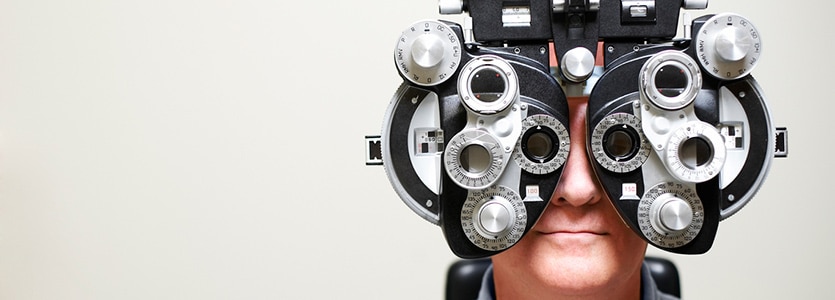
The doctors at Hattiesburg Eye Clinic have helped thousands of people enjoy better vision. When you have a problem with your eyes, you know you can turn to us for help. Leading the way with new medications and surgical procedures, Hattiesburg Eye Clinic can diagnose and treat a wide range of diseases and conditions. Advances in technology have impacted all aspects of vision care. Surgical procedures that once required a hospital stay and lengthy recovery are now performed by our doctors on an outpatient basis, with most patients returning to their normal activities within hours.
We continually invest in the most state-of-the-art diagnostic and surgical equipment. And our doctors go through rigorous, ongoing training to ensure that we’re doing everything we can to improve our patients’ vision and quality of life. We’re committed to providing the most advanced care available.
For your convenience, we’ve developed an overview of common eye conditions. Click on any of the conditions on this page to learn more about symptoms, causes and treatments.
- Astigmatism
- Blepharitis
- Corneal Abrasions
- Corneal Disease
- Corneal Ulcers
- Diabetic Retinopathy
- Dry Eye
- Farsightedness (Hyperopia)
- Flashes & Floaters
- Fuchs’ Corneal Dystrophy
- Keratoconus
- Low Vision
- Macular Degeneration
- Monovision
- Narrow-Angle Glaucoma (also called Closed-Angle Glaucoma)
- Nearsightedness
- Normal Vision
- Open-Angle Glaucoma
- Pink Eye (Conjunctivitis)
- Presbyopia
- Pterygium
- Retinal Detachment
- Retinal Vein Occlusion
- Strabismus
- Uveitis
Developing eye diseases are best detected through an annual eye exam. Protect your eye health and learn more here
